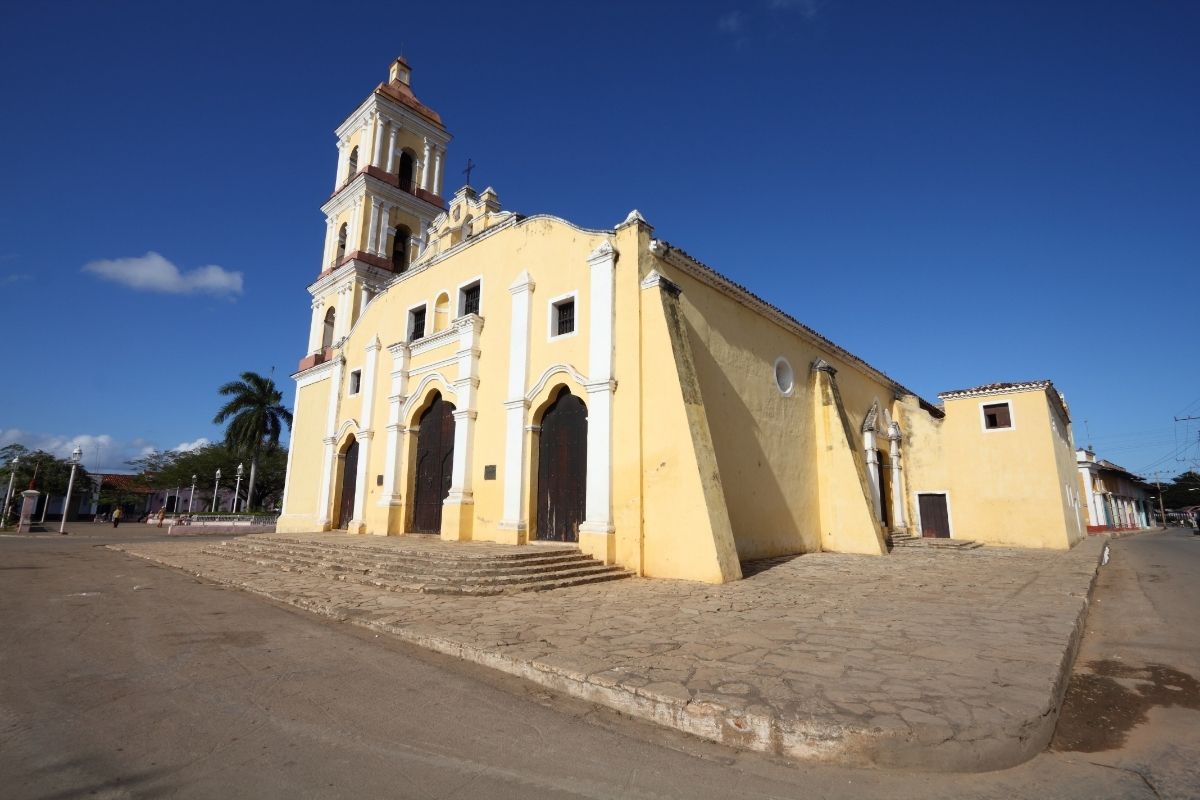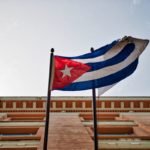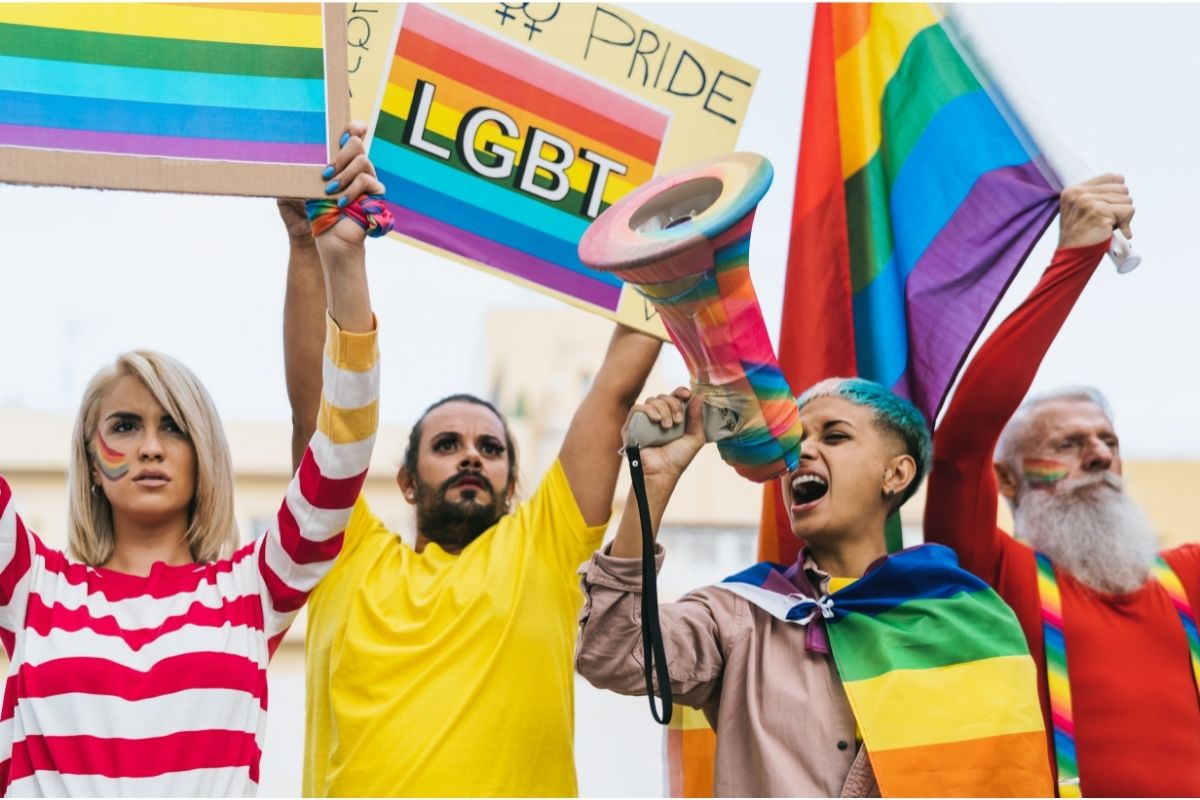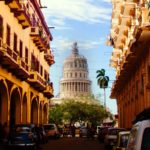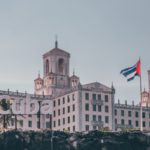These days, Cuba is a popular destination for travelers from all over the world, seeking to experience its unique culture and ‘old-world charm’.
Nevertheless, it’s worth remembering that whilst there are beautiful places to see and wonderful Cubans aplenty to meet, the Cuban government remains an authoritarian one-party state.
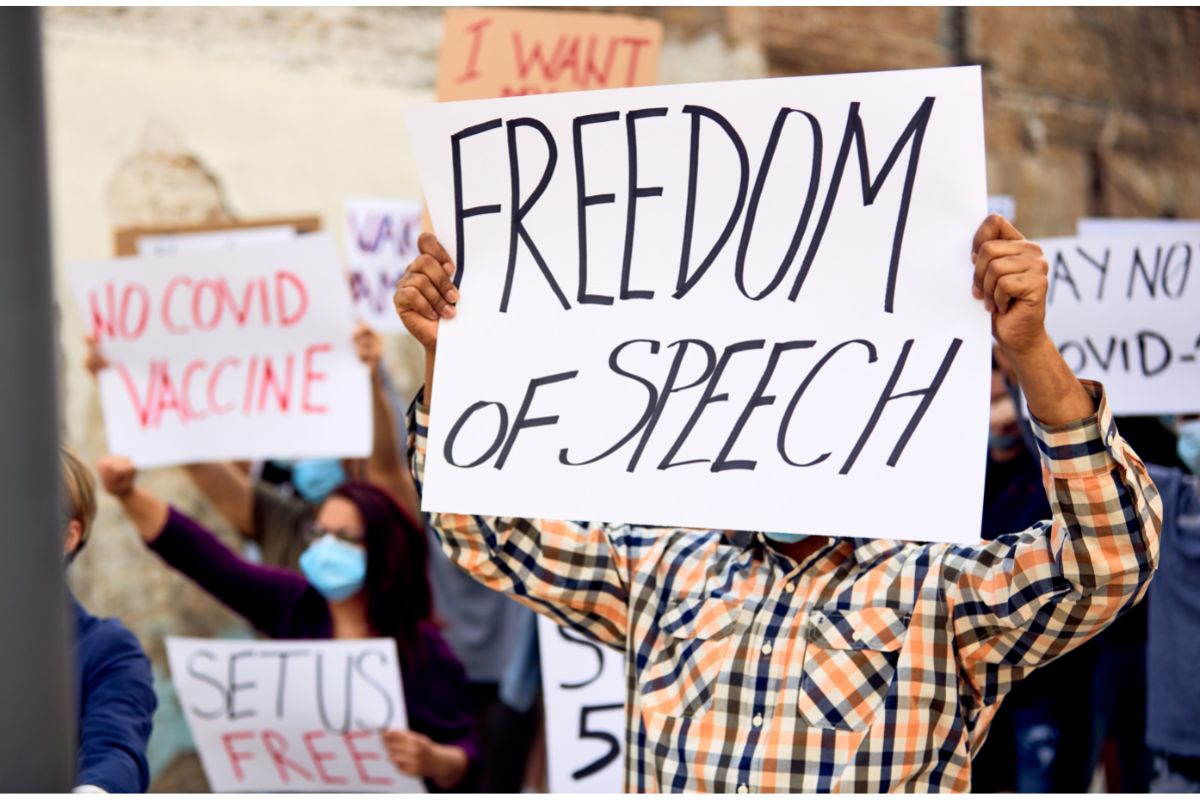
Despite recent apparent liberalization, the Cuban government, controlled by the Communist Party of Cuba, remains committed to cementing its control and stamping out dissent.
This is a simple statement of fact, and certainly worth knowing if you’re thinking about visiting Cuba.
Some people may see visiting Cuba in these circumstances as supporting the regime and choose not to visit, whilst those who do visit would do well to keep it in mind during their visit.
So what exactly is the state of freedom of speech in Cuba? In this article, we’ll seek to answer this question.
What Does The Constitution Say?
In 1948, Cuba was one of 48 out of 58 United Nations members at the time that voted in favor of the Universal Declaration of Human Rights.
An absolute cornerstone of the declaration was the commitment by the parties to upholding freedom of expression and opinion.
Since the Cuban Revolution of 1959, however, the Cuban government has made no such commitment.
Indeed, Cuba’s current constitution adds a clever caveat, stating that free speech is allowed only if it is “in keeping with the objectives of socialist society”.
Free Expression Can Get You Imprisoned
Despite a flimsy constitutional guarantee to free expression, saying the wrong things about the wrong people can land you in a Cuban jail cell.
Let’s take the case of Danilo Maldonado Machado, otherwise known as El Sexto, as an example.
El Sexto is a Cuban graffiti artist and human rights campaigner, who uses his graffiti to criticize the Cuban government and campaign for change.
He has been described as the ‘most persecuted’ Cuban artist, having been arrested and imprisoned on numerous occasions, and is often picked up by Cuban police blatantly without pretext.
Arguably his most famous arrest came in late 2014.
It came on Christmas Day, and El Sexto had been heading to the Parque Central in Havana, where was planning to put on a performance lambasting the Cuban government.
The performance’s star attraction was to be two pigs that he had daubed with paint declaring one to be ‘Fidel’ and one to be ‘Raul’, in reference to the leading figures of the Castro regime.
However, before he could enact his routine, El Sexto was picked up by the police and accused of ‘desacato’- contempt.
He went on to languish in prison for 10 months, never once having been brought before a judge or formally charged with anything.
It was only pressure from activists outside Cuba, and indeed foreign leaders like Barack Obama highlighting his case, that eventually got him freed.
El Sexto was arrested and imprisoned once again on November 26th 2016, having made a video mocking the death of Cuban leader, Fidel Castro.
The Cuban government eventually found that El Sexto had been illegally imprisoned as he had been held without ever having been charged with a crime.
However, this was not before they had held him for over two weeks and arrested the American attorney, Kimberley Motley, who had traveled to the country to represent him.
Shortly after his release, in January 2017, El Sexto permanently emigrated to the United States.
Cuban Media Is Tightly Government Controlled
Since the revolution, the Cuban government has kept print and broadcast media firmly under its control.
Whilst the constitution does technically provide for freedom of the press, it strictly prohibits private ownership of the press and considers ‘the fundamental means of social communication… socialist property of all people’, with the state as the organizer and operator.
In fact, according to the Committee to Protect Journalists (CPJ)- an independent organization with the goal of promoting press freedom around the globe- Cuba has the “most restricted climate for the press in the Americas.”
Recent years have seen the rise of independent media, journalists, and bloggers who can and do criticize the government, but the Cuban government reserves the right to censor these posts, as it does the rest of the press, at will.
The government continues to make life difficult for journalists who dare to be critical of the government, and can detain them if they ‘stray too far’ or ‘cross a line’.
Where the line is nobody really knows, which makes the censorship even more effective.
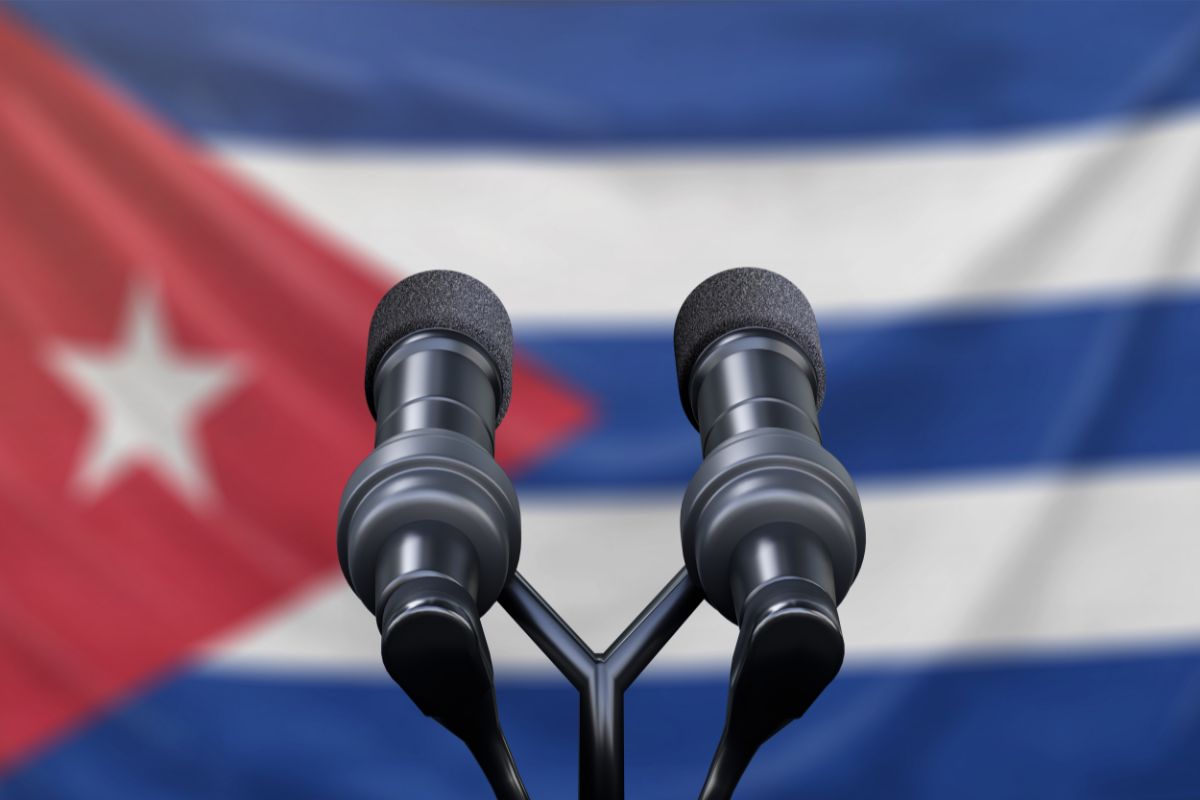
According to World Report 2020, popular Cuban websites like Cubanet, Tremenda Nota, Cibercuba, Diario de Cuba and 14ymedio have all experienced censorship at the hands of the government in recent times.
As recently as 2015, and on Human Rights Day no less, 14ymedio journalists were prevented from reporting on a joint protest organized by human rights groups TodosMarchamos and The Ladies in White.
Internet Access Is Severely Restricted
Although the situation is improving, the high cost of internet access in Cuba and difficulty accessing the patchy network severely restricts the number of Cubans who can access independent information online.
The high cost of internet access not only stops everyday Cubans from viewing uncensored content online, but it also makes it prohibitively expensive for private providers to afford the online space required to express their views.
For example, just 600mb of space costs a whopping $7.
As a result, internet censorship doesn’t need to be all that sophisticated in Cuba, although the authorities frequently filter out content from websites that criticize the state, and on occasions block them.
This move is a clear violation of freedom of speech and expression.
Is The Situation Improving?
There has been a lot of discussion of a ‘Cuban thaw’ and a gradual liberalization of the Cuban government’s attitude towards dissenting voices.
Some observers, for example, point to the 2019 Constitution, that restored the right of Habeas Corpus and the presumption of innocence.
Nonetheless, critics argue that it’s more or less business as usual.
2019, the year the new constitution was passed, may have seen fewer short-term arbitrary arrests of dissidents than in 2018, but numbers still remained shockingly high.
In August 2019 alone, a massive 1800 arbitrary arrests of independent journalists, human rights defenders, and others were reported.
In addition to arbitrary detentions, further repressive measures continue to be deployed against critics, including termination of employment, beatings, travel restrictions, and public shaming.
As the internet access in Cuba improves, the Cuban government continues to enact new laws that restrict access to uncensored information.
The July 2018 Decree-Law 370/2018, for example, made it illegal for Cubans to host their websites on foreign internet servers and prohibits the publication of information that is deemed ‘contrary to the social interest, morals, good manners and integrity of people’.
A more recent August 2021 law, Decree-Law 35, went even further, requiring providers to terminate the service of users deemed to be disseminating information that is deemed to be ‘fake’ or contrary to the interests of public morality and the ‘respect of public order’.
Final Thoughts
The boom in internet access has created what some observers have described as a ‘rights revolution in Cuba’. This will no doubt continue as access spreads to more and more Cubans.
However, as of this moment, freedom of speech remains a right that the people of Cuba are striving for, and the government doesn’t look ready to give up without a fight.
If you’re thinking of visiting Cuba, we certainly think it’s worth bearing in mind.
- What Is The Largest Island In Cuba? - September 19, 2022
- Havana – Why Is It Cuba’s Most Exciting City? - September 19, 2022
- Cheapest Time To Visit Cuba (Ultimate Guide) - September 19, 2022

